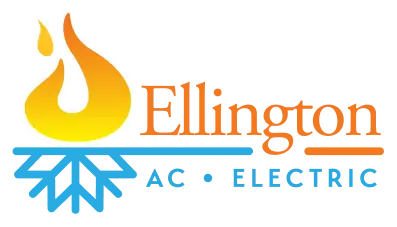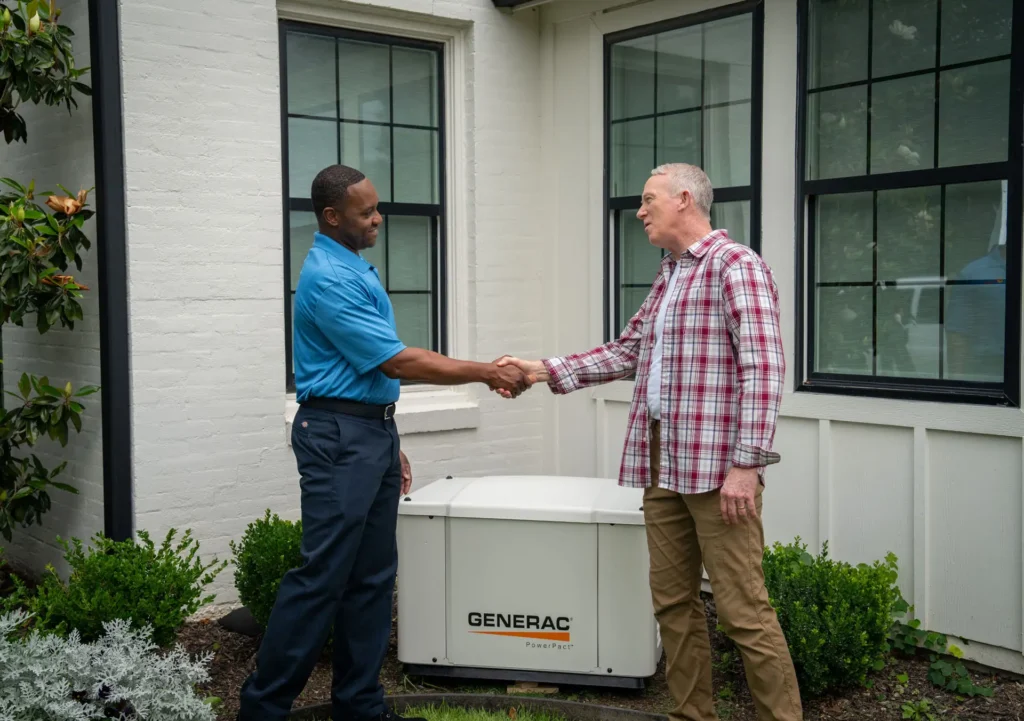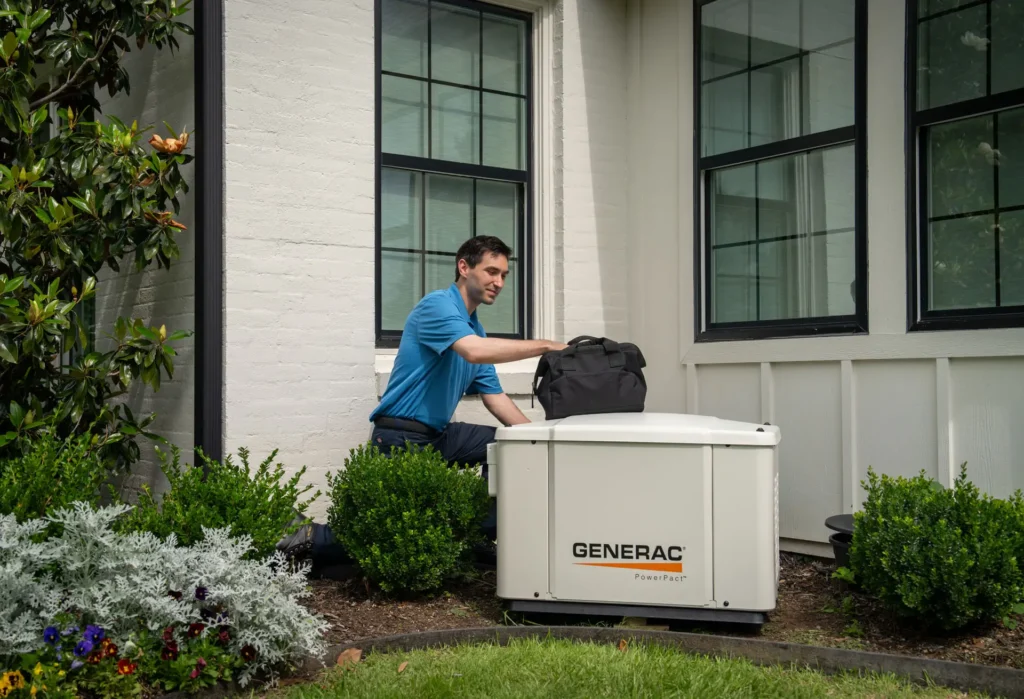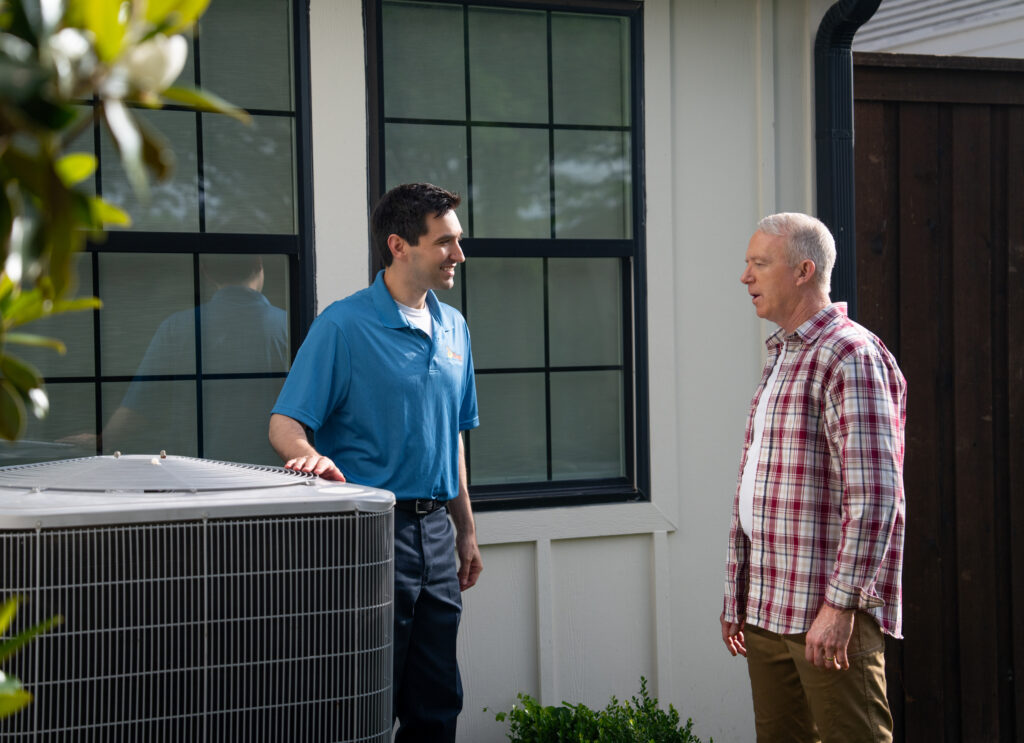

BLOG
How to Prepare Your Florida Home Utilities for a Hurricane
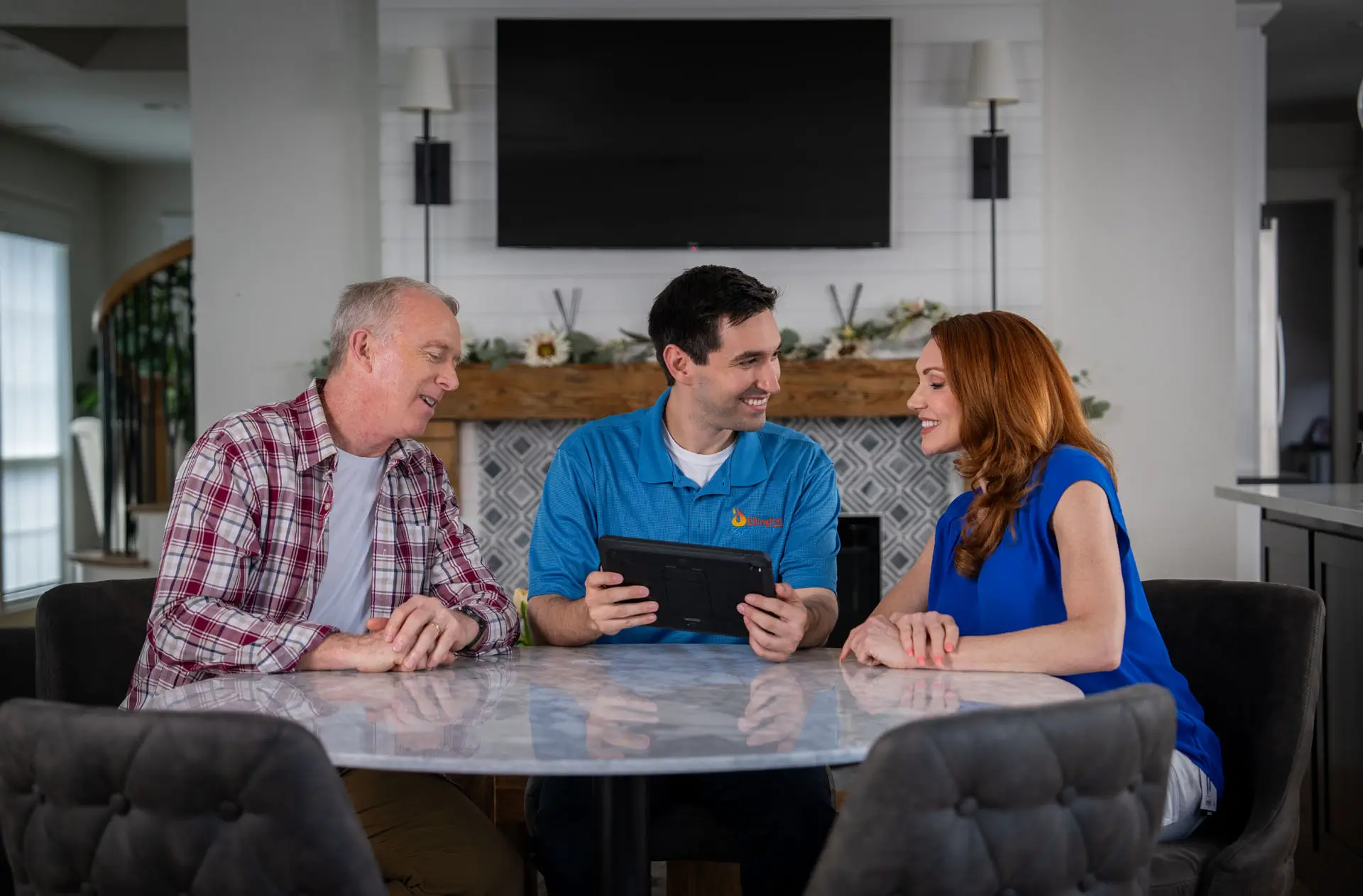
Here on the Space Coast, hurricane season is a fact of life, and each year brings the potential for powerful storms that can put your home’s utilities at risk. From electrical surges to flooded HVAC units and plumbing backups, the damage can be costly and disruptive.
The good news? With a little preparation, you can protect your home, your family, and your peace of mind.
Preparing Electrical Systems
Hurricanes can create serious hazards for your home’s electrical system, from power surges and outages to dangerous flooding. Taking the right steps before the storm can help keep your family safe and prevent costly damage.
Here’s how to prepare your electrical system for a hurricane:
- Install surge protection for your HVAC and major appliances: Use a surge protector for your A/C unit, and consider a whole-home surge protector to help prevent damage from lightning strikes or power surges.
- Test GFCI outlets in wet areas: Make sure GFCI outlets in bathrooms, kitchens, and outdoors are functioning properly to reduce the risk of shock if exposed to moisture.
- Turn off breakers during a hurricane if recommended: If flooding is likely or local authorities advise it, shut off breakers to minimize the risk of electrical fires and protect sensitive equipment.
- Unplug and elevate sensitive electronics: Move electronics and appliances to higher ground to avoid water damage and electrical hazards.
- Elevate electrical panels and outdoor equipment: Raise electrical panels, pool pumps, and other key equipment above expected flood levels if you live in a flood-prone area.
- Use generators safely: Only use portable generators outdoors and never connect a standby generator directly to your home’s wiring unless you have a professionally installed transfer switch.
- Charge essential devices before the storm: Why should you never charge devices in a storm? Because power surges or lightning strikes can damage your electronics or even cause a fire—charge everything before the storm arrives.
After the storm, don’t use electronics or appliances that have been wet or submerged until they’ve been inspected by a licensed electrician. Always stay clear of downed power lines and report them immediately.
Preparing HVAC Systems for Storms
Florida’s year-round heat means your air conditioning system is essential, but hurricanes can put it at risk for wind and water damage. A few proactive steps can protect your investment and help your home recover quickly after a storm.
To prepare your HVAC system for a hurricane:
- Secure your outdoor condenser with hurricane straps for air conditioners: Fasten the unit tightly to its base using hurricane-rated straps or brackets to prevent it from shifting or tipping over in high winds.
- Place your AC unit on a hurricane pad for air conditioner or an elevated air conditioner condenser platform: Make sure your condenser sits on a reinforced hurricane pad or is raised above expected flood levels to reduce the risk of water damage and debris impact.
- Install a surge protector for central air conditioner: Add an HVAC surge protector to your system to guard sensitive electronics against lightning strikes and sudden power surges.
- Schedule a pre-season maintenance check: Have a professional inspect your system, clean coils, check refrigerant levels, and ensure all components are in good working order before hurricane season starts.
- Clear debris and loose items from around your outdoor unit: Remove branches, lawn furniture, and other objects that could become airborne and damage your condenser during high winds.
- Set your thermostat a few degrees cooler before the storm: Pre-cool your home so it stays comfortable longer if you lose power, then turn off AC during thunderstorm or hurricane conditions at the breaker to protect the system from electrical surges and water intrusion.
- Cover your outdoor unit with a weatherproof cover or tarp: Secure a fitted cover over the condenser to shield it from flying debris and heavy rain, but always remove the cover before restarting the system after the storm to prevent overheating or airflow issues.
After the storm, inspect your HVAC system for visible damage, unusual noises, or water pooling around the condenser. Don’t turn it back on until you’re sure it’s safe. Ellington’s NATE-certified technicians are available to help with inspections, securing, and repairs to get your cooling system up and running safely.
Plumbing and Water Supply Hurricane Preparation
Storms can overwhelm plumbing systems, leading to backups or water supply issues—especially in Florida’s flood-prone neighborhoods. Here’s how to prepare your plumbing and water supply for a hurricane:
- Clear hurricane drain plumbing: Remove debris from outdoor drains, gutters, and downspouts to help rainwater flow away from your home and reduce the risk of flooding or sewer backups. Schedule hurricane plumbing and repair before the storm if you notice any issues.
- Ensure all household drains are flowing freely: Check sinks, tubs, and floor drains for slow drainage and clear any clogs to prevent backups during heavy rain.
- Fill your bathtub with water: This provides a backup water supply for flushing toilets and basic cleaning if municipal water service is interrupted. (Should I fill my bathtub with water during a hurricane? Yes—this is a recommended precaution.)
- Shut off the main water valve if flooding is expected: This helps prevent contaminated water from entering your home’s plumbing system.
- Test and maintain your sump pump: Make sure your sump pump is working properly and has a battery backup to keep floodwater out of basements or crawl spaces.
- Turn off the well pump breaker if you have a well: This protects your equipment from electrical surges and water damage during the storm.
- Store extra bottled water: Keep enough bottled water on hand for drinking and cooking, since tap water may not be safe immediately after a storm.
After the storm, check for leaks, unusual odors, or water discoloration before using your plumbing. If you notice any issues or need repairs, Ellington’s plumbing team can provide inspections, hurricane drain plumbing, and system repairs to keep your water safe and flowing.
Prepare Your Home for a Hurricane
Taking a few smart steps now—like installing surge protection, shutting off breakers and water valves when needed, and securing your HVAC and plumbing—can make a big difference when a hurricane hits.
If you want expert help preparing your utilities or need peace of mind before the next storm, Ellington’s experienced team is here for you. Reach out today to get your home hurricane-ready.
